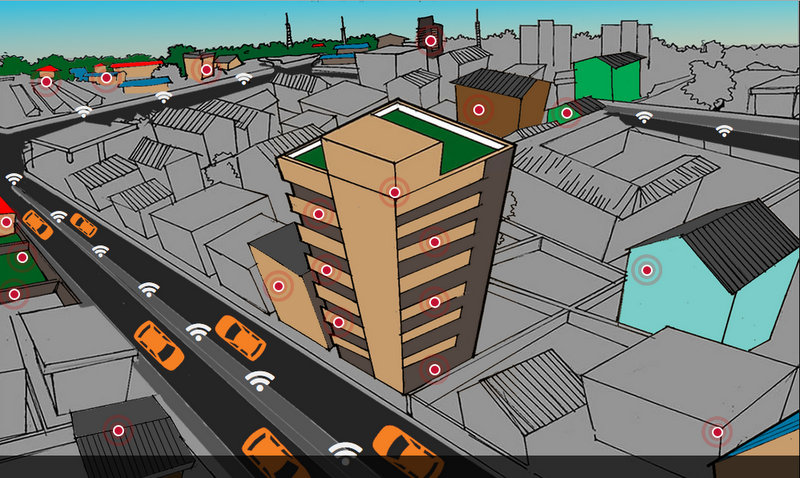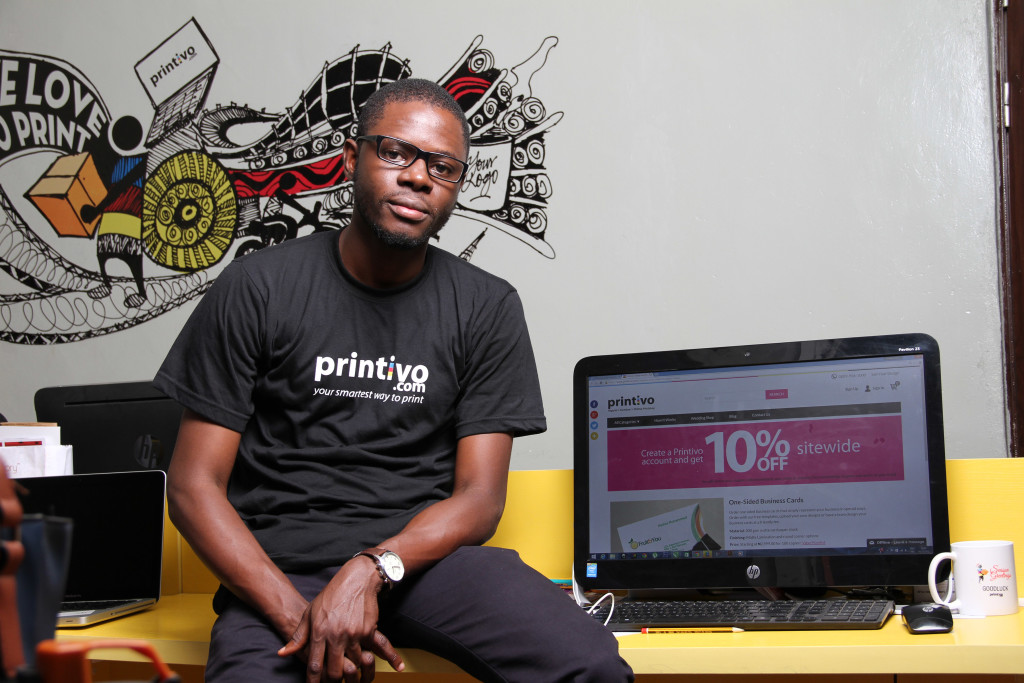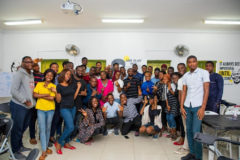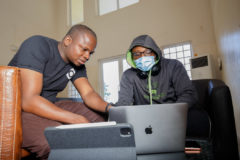“In Nigeria, we don’t have an ecosystem, we have clusters of people doing their own thing,” Gossy Ukanwoke, founder of the Beni American Online University said in a 2014 VentureBurn article.
His thinking; there is no coordinated synergy. Individuals are simply forming arbitrary groups, throwing everything at the wall and watching what sticks.
While there is truth to Gossy’s thinking, even as at 2014, attempts for a more scientific approach to starting and sustaining startups in Nigeria was already in the offing.
At the time, the coworking and incubation hub, CCHub on Herbert Macaulay, Yaba was already pooling tech talents: entrepreneurs, developers and creatives, into its facility and the Nigerian government had thrown its hat into the startup fray. Ten months prior, it had launched an incubator (iDEAHub) beside the CcHub, along with a couple of million dollar funds for the ICT sector.
Startups were also beginning to congregate around Yaba at the time. With everything going on, it wasn’t long before people began to draw parallels with Silicon Valley. Names such as Yabacon Valley and Silicon Lagoon were being used to refer to the community.
Around 2012, CcHub, the cable company; MainOne, Technovision and the Lagos State government began to coordinate efforts to create a community around the tech startups in Yaba with uncapped internet, electricity and other elements that make startups thrive. The project would become known as the Yaba i-HQ.
In 2013, MainOne, began laying a 27 km fibre optic cable that would surround the Yaba neighbourhood.
The Nigerian tech startups scene has evolved steadily since that time. More than 20 tech startups now have offices in Yaba, including, Paga, Andela, INITS, Konga, Hotels.ng and Delivery Science.
The goal is to build Yaba into an incubator for technology and it looks like that goal is currently being achieved.
Here is an infographic detailing this journey:

The eventual set up of the i-HQ will look something like this:
You can take a virtual tour of the i-HQ here.





















